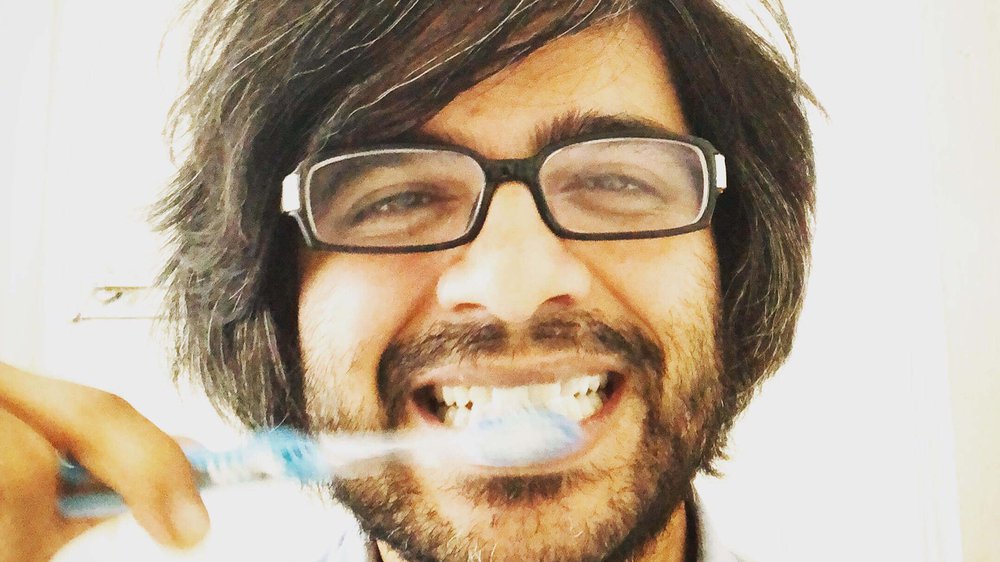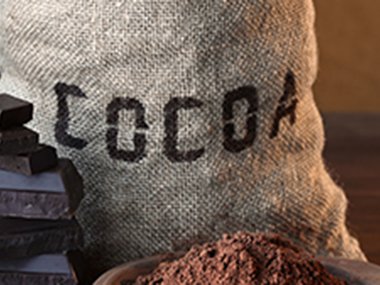Question Your World: Did Ancient Humans Have Modern Dental Issues?
Behind the lips of each and every one of us is a beautiful smile, right? Our teeth have been very valuable to us as a species. We’ve often been told that our modern dental issues are caused by our diet or that it’s genetic and it runs in the family. Well, boy, does it ever! Scientists studying ancient human fossils started to notice some interesting things about our teeth through the ages. This new study also draws many comparisons to the types of dental damage we see these days as well. The big question is - did ancient humans have modern dental issues?
A recent study of ancient dental fossil remains is helping scientists learn some interesting things about human teeth. While modern practices have often been linked to the decay and destruction of our teeth, many of the issues we face today can be seen in some of our earliest family members. So, let’s dig into this one ache at a time.
Toothaches!
2.5 million years ago our Australopithecan relatives like Lucy ended up with some dental lesions like the ones we commonly see today from consuming acid-heavy things like wine or fruit juices. Even back then highly acidic fruits, veggies and tubers could have caused these lesions, which lead to toothaches or dental sensitivity.

Image credit: Prabir Mehta. Soundcloud image: Matt Madd/Dentist
Cavities!
The modern diet’s use of refined sugars and carbs has been connected to cavities in our teeth, but what about before modern agriculture? Homo naledi, one of our ancient relatives dating back nearly 700,000 years, apparently also had cavities likely being attributed to their diet of fruits, veggies, and honey! In fact, cavities have now been found in nearly every prehistoric hominid species.
Abrasions!
Neanderthals and our own homo sapiens fossils have also shown another form of dental damage, abrasions. This is a long-term process caused by repeatedly rubbing hard items between teeth.
Today we see it from things like smoking pipes or biting your nails, but these ancient abrasions are being called “toothpick grooves” and hints at some of our earliest dental hygiene efforts! After all, when that little piece of fruit, meat, or whatever gets stuck way back there, we’ll do anything to get it out. This was not just a feeling for us modern humans, but our ancient relatives too wanted a clean and empty mouth.
These various dental issues would have caused toothaches and general pains in the mouth like we experience today. What did they do for these toothaches? We have yet to find any fossils of ancient pharmacies, but we do know that our earliest relatives were able to use natural remedies to help offset some aches and pains. In a study from earlier this year, scientists further looked into how ancient humans would combat aches and pains. Poplar tree bark, packed with salicylic acid, became a favorite choice for ancient humans to chew on when in pain. Salicylic acid is the active ingredient in aspirin. While life has drastically changed thanks to our ability to harness science and technology, many of our basic daily issues remain the same. We occasionally have toothaches and we occasionally need pain relief. Knowing more about our past helps us better understand who we are and how we function in our world.
We are undeniably linked to our past in a myriad of ways including our dental hygiene. As we study more of our past, we learn more about what makes us who we are, and it turns out dental problems are definitely in the family tree. Even more reason to take care of your choppers, they’re very important to us humans. That, my friends, is the tooth, the whole tooth, and nothing but the tooth!


